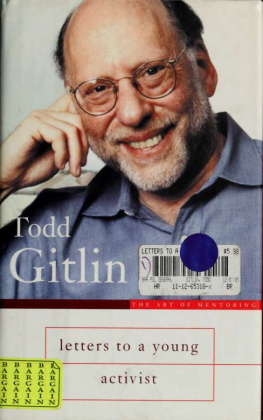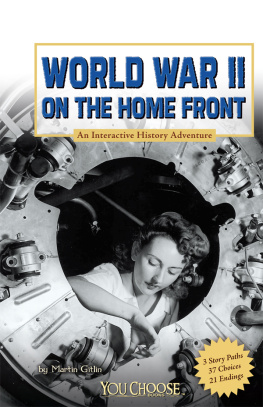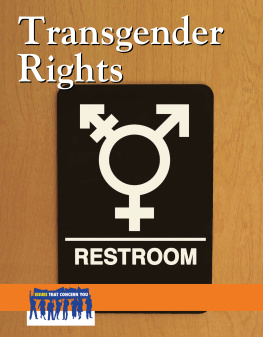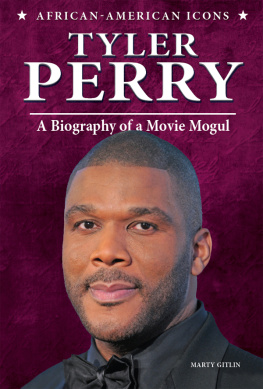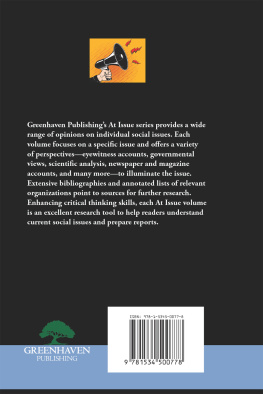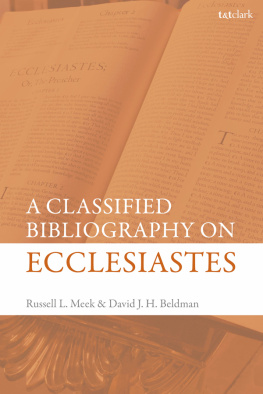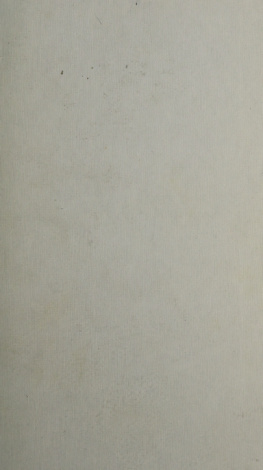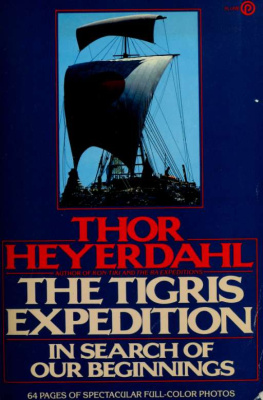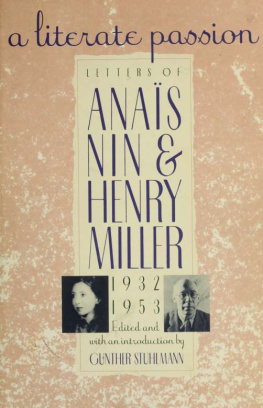Gitlin - Letters to a young activist
Here you can read online Gitlin - Letters to a young activist full text of the book (entire story) in english for free. Download pdf and epub, get meaning, cover and reviews about this ebook. year: 2003, publisher: New York : Basic Books, genre: Politics. Description of the work, (preface) as well as reviews are available. Best literature library LitArk.com created for fans of good reading and offers a wide selection of genres:
Romance novel
Science fiction
Adventure
Detective
Science
History
Home and family
Prose
Art
Politics
Computer
Non-fiction
Religion
Business
Children
Humor
Choose a favorite category and find really read worthwhile books. Enjoy immersion in the world of imagination, feel the emotions of the characters or learn something new for yourself, make an fascinating discovery.
Letters to a young activist: summary, description and annotation
We offer to read an annotation, description, summary or preface (depends on what the author of the book "Letters to a young activist" wrote himself). If you haven't found the necessary information about the book — write in the comments, we will try to find it.
Gitlin: author's other books
Who wrote Letters to a young activist? Find out the surname, the name of the author of the book and a list of all author's works by series.
Letters to a young activist — read online for free the complete book (whole text) full work
Below is the text of the book, divided by pages. System saving the place of the last page read, allows you to conveniently read the book "Letters to a young activist" online for free, without having to search again every time where you left off. Put a bookmark, and you can go to the page where you finished reading at any time.
Font size:
Interval:
Bookmark:

This book made available by the Internet Archive.





To three who don V quit:
Anthony Bmiiett, Nissim Calderon and
Robert Jay Lifton
And in memory of Paul Wellstone, who never quit either
Digitized by tine Internet Arcinive in 2010

Letters to a Young Activist
On Duty, Love and Adventure, or Some Leaps of Faith
Dear
Let's agree to overlook (maybe even enjoy) the absurdity that joins us: You agree to indulge my lecturing on matters I didn't quite understand until I was older than you, and I make every effort to connect to your passions and objectionsto take your arguments seriously, even though you're too young to have had the experience I draw on. Fine. We need each other. Let's both try to think our way out of our skins.
To start out, let's recognize that it's hard to be honest about ageas hard as it is necessary. Here is Max Weber in his great lecture of 1918, "Politics as a Vocation": "The mere fact that someone is twenty years of age and that I am over fifty is no cause for me to think that this alone is an achievement before which I am overawed. Age is not decisive; what is decisive is the trained relent-lessness in viewing the realities of life, and the abihty to
Todd Gitlin
face such realities and to measure up to them inwardly." When I was twenty and read these words for the first time, they didn't make much of an impression. (So much the worse for me, and no excuse for you.) Nonetheless, that we aren't the first to face our quandaries and tasks is some comfort.
So: You invite me to investigate what I've learned on a subject that isn't normallyeither in media or the academyconsidered much of a subject. What I offer in these letters isn't a declaration of how things are or a precise political outlook or social analysis or a set of positions (except when I can't resist) or moral philosophy or history or memoir or a critique of other books. Instead, I'll ruminate on experience and principles of action. I may reminisce now and again, not to usher back the Wonder Years with a sepia glow but to put some life behind my arguments. Though I address mainly liberals, the Left and left of center, in these letters I try not to convey a political manifesto or a rally of nerve and verve but a sense of activism's proper spirit. I want to approach some of the big questions about the activist spirit and how it ought to play out in the world. The questions I won't address very much are. What world should I want? and Why is the world as it is? What I hope to address (and testify to) is. How should I think about what to do? I will draw on a strange kind of knowledge that lacks the pleasing click of a theoretical box well constructed. This isn't book learning; it doesn't follow from theory. This knowledge is plainer, more homely, more practical, I hope (you be the judge), more useful and, I think, more true. Yet it is neither career counsel nor self-help.
letters to a young activist
What follows is meant to convey what I have come to think {co7Kliided would probably be premature) in the course of trying to change the world. In many ways sometimes more grandiose, at times more modestthis has rarely been far from my mind and feeHngs, even in times of despair, disgust and withdrawal, since the day in 1960 when I found myself at a rally against nuclear bombs in Boston. With some sense of wonderment I soon started going to meetings, trying to figure out what I thought, debating, fretting, campaigning for candidates, knocking on doors, joining and organizing demonstrations, circulating petitions, writing letters to politicians and bureaucrats, piecing together leaflets and press releases and horrifying my parentsan activist, though we didn't use the word then. This was my world in the sixtiesin what we called the movement a force that wasn't just the sum of all civil rights, antiwar, anti-apartheid (and so forth) demonstrations we played out in public but also the private lives we lived out accordingly. Outsiders called us protesters, but protest was only one of our faces. We were trying to buildor bea better society. The idea of the movement erased the distinction between public and private; as a way of life, it was a network of linkages, public bonds that were so private as to erase this distinctiona dangerous idea, actually, but I'll get to that later. Everyone I knew well for more than a decade lived in the movement.
The movement emphasized two things: collectivity and animation. By contrast, in this mainly antipolitical era, the label of choice is activist and it's poignant (though not altogether sad) that today we address recruits mainly one at a time, not as a movement. They
Todd Gitlin
don't clump. I don't remember hearing this ungainly word activist until the mid seventies, I had gone back to graduate school where I read through scholarly articles to see whether they made any sense of the whirlwind I had been through. There we were, an object of study: activists. I thought the term denatured, uncomprehending and evasive: a category label for the convenience of investigators. In the early New Left, we preferred organizer: someone who moves people into action and doesn't just rouse them for a particular occasion, who doesn't come and go but steadily works up strategies, focuses energies and (crucially) settles in for the long haul. Europeans speak of militants, meaning more or less the reliables. Now people talk of social entrepreneurs those who launch projects, construct organizations; these are social artists, in a sense, who create something new in the world.
One other thing that seems wrong with the term activist turns out to be illuminating. Activist sounds misleading because of that profligate little syllable -ist that implies belief about how things are and ought to be: so-cial/>f, fasc/jt, feminwt, environmental/>f, Islamij-f, what have you. An activist is a different sort of -ist, for it's not your beliefs that make you one but your beliefs hooking up to your activities. An activist refuses to take the world for granted. Faced with pain and evil, the activist is not content to deplore or rage or regret, does not just believe or wish or declare but thinks: I'm not an outsider to the world, and the worldwith all its persecutions, en-dangerments and wondersis not an outsider to me. History is not (or not only) something that other people do. My action and yours are the heart of the matter. If
letters to a young activist
we act wisely, we become more than ourselves: artisans of the good. So activist, though not a lovely word, is a useful one because it reminds us that the world not only is but is made: Human beings make history, though as a brilliant but monomaniacal prophet once wrote, not in conditions of their own makingand, I would add, not always with the results they prefer, to put it mildly.
Font size:
Interval:
Bookmark:
Similar books «Letters to a young activist»
Look at similar books to Letters to a young activist. We have selected literature similar in name and meaning in the hope of providing readers with more options to find new, interesting, not yet read works.
Discussion, reviews of the book Letters to a young activist and just readers' own opinions. Leave your comments, write what you think about the work, its meaning or the main characters. Specify what exactly you liked and what you didn't like, and why you think so.

